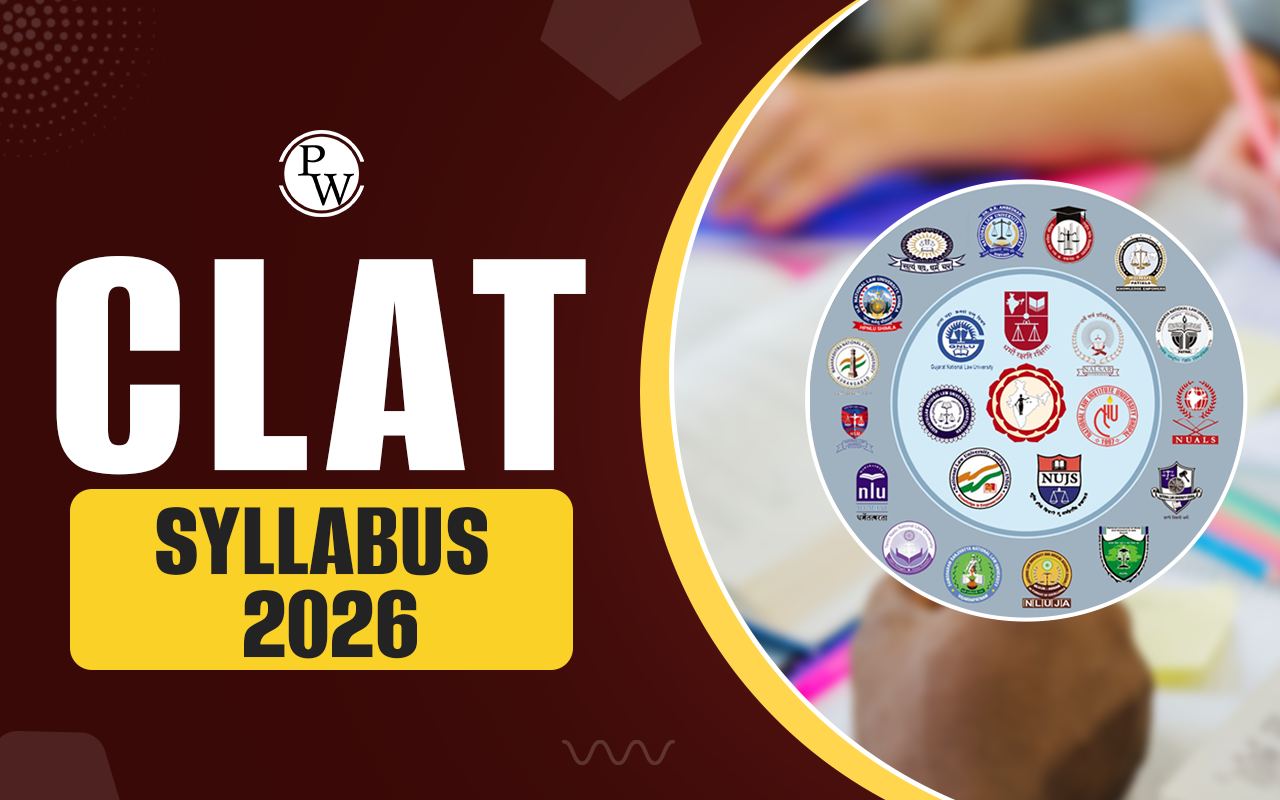
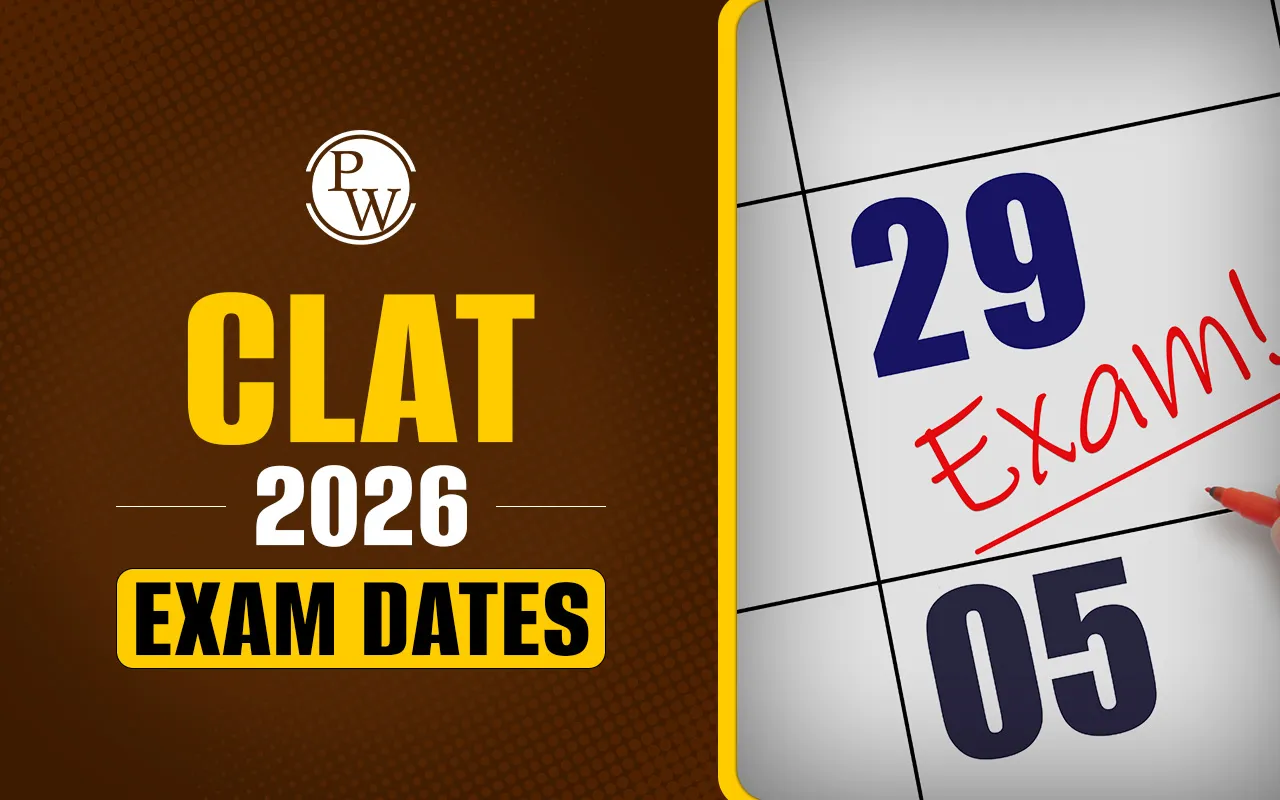
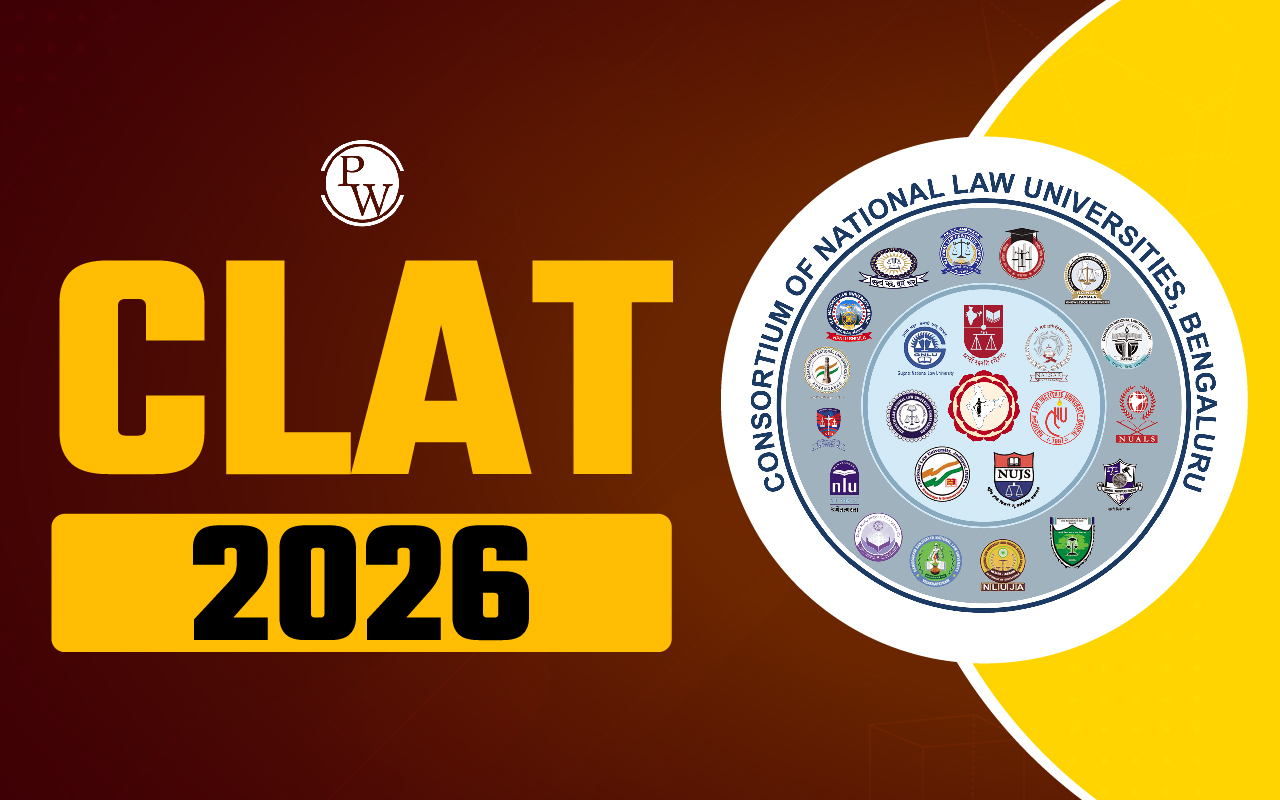

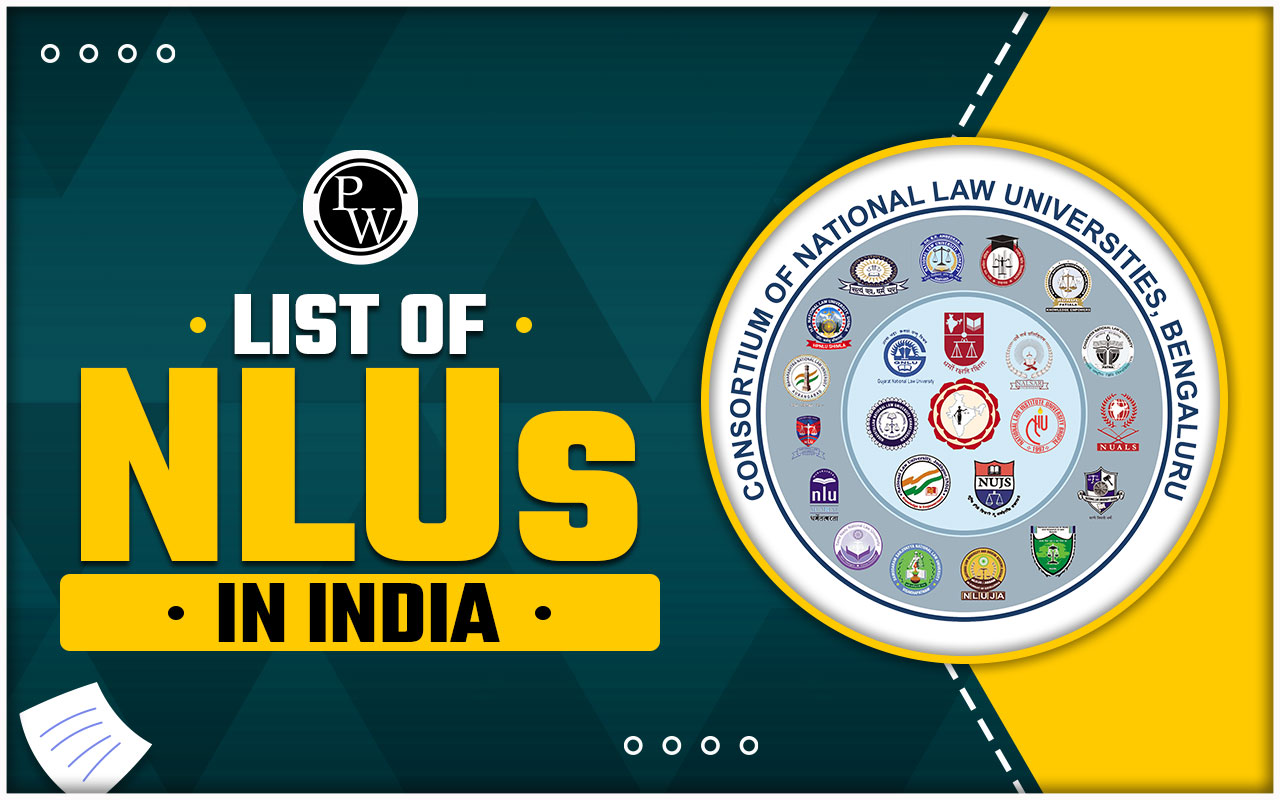
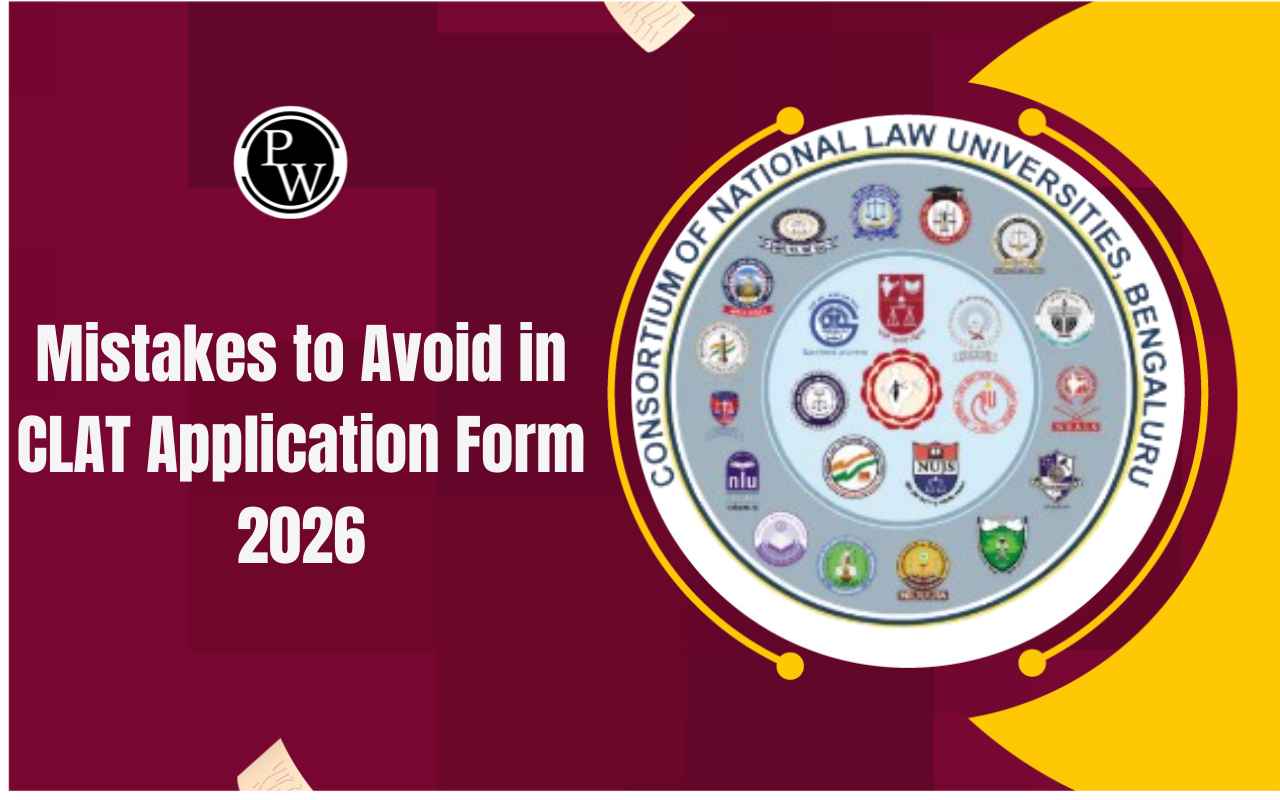

Get Free Counselling Today
and Clear up all your Doubts
CLAT 2026
The CLAT 2026 exam is a crucial entrance test for law aspirants aiming to join National Law Universities (NLUs) across India. Scheduled in December 2026, the exam will be conducted in an offline, pen-and-paper format at over 133 centers nationwide. The exam assesses candidates on subjects like English, General Knowledge, Legal Reasoning, Logical Reasoning, and Quantitative Techniques. CLAT 2026 will feature 120 multiple-choice questions with negative marking for incorrect answers.
What is CLAT?
The CLAT (Common Law Admission Test) is a national-level entrance exam for law courses, organized by the Consortium of NLUs. It provides admission to 5-year integrated LLB (UG) at 24 NLUs. The UG CLAT tests English, Current Affairs, Legal Reasoning, Logical Reasoning, and Quantitative Aptitude. In addition to NLUs, 61 private colleges and some organizations like ONGC and BHEL accept CLAT scores for admissions and recruitment.
CLAT Exam 2026 Overview
The Common Law Admission Test (CLAT) is conducted by the Consortium of National Law Universities (CNLU) for admission to 5-year LLB programs. It also serves for selection in the Indian Army and recruitment in Public Sector Undertakings (PSUs), with over 3,400 seats for LLB across 24 NLUs and 60+ affiliated colleges.
List of Law UG Exams
These exams serve as the gateway to law education in India, with each institution having its own eligibility criteria, exam pattern, and selection process.
CLAT 2026 Eligibility
Candidates intending to appear for the CLAT 2026 exam must meet specific eligibility criteria to gain admission to National Law Universities (NLUs) in India. Check the table below for detailed eligibility:
CLAT 2026 Exam Pattern
Here’s a brief overview of the CLAT 2026 Exam Pattern, detailing the structure, duration, and marking scheme to help candidates prepare efficiently for the exam. The table below outlines key aspects of the exam format and section-wise details.
CLAT 2026 Syllabus
Candidates preparing for the CLAT 2026 exam must refer to the official syllabus provided by the Consortium of National Law Universities (NLUs). The syllabus is available for both CLAT UG, covering sections like English, Legal Reasoning, Mathematics, Logical Reasoning, and General Knowledge. The question paper will follow this structure, so it’s essential to study each section as per the syllabus for effective preparation.
CLAT 2026 Admit Card
The official dates for the release of CLAT 2026 Admit Card will be notified once the exam schedule is announced on the official website. Candidates can download their admit cards from the official website, consortiumofnlus.ac.in, using their application ID and password. The admit card will contain essential details such as exam venue, date, and candidate information. It is mandatory for candidates to carry a printed copy of the admit card to the exam center.
Preparation Tips for CLAT 2026
Here are a few preparation tips for the CLAT 2026 entrance exam.
- Familiarize yourself with the CLAT syllabus and exam structure, including sections like English, Legal Reasoning, Logical Reasoning, General Knowledge, and Quantitative Techniques. Prioritize topics and allocate study time effectively.
- Read newspapers, journals, etc to improve comprehension skills and stay updated on current affairs. Focus on editorial sections to enhance analytical thinking.
- Take mock tests under timed conditions to simulate the exam environment.
- Utilize high-quality CLAT study materials, and consider joining PW’s Law Online coaching classes if needed.
- Balance speed with accuracy during your revision sessions.
- Consistency and dedication are key to performing well in the CLAT exam and achieving good marks.
Law Exam FAQs
What is CLAT?
What is the exam mode for CLAT 2026?
What is the marking scheme for CLAT 2026?
What sections are included in the CLAT UG exam?
CLAT 2026 includes sections namely, English Language, Current Affairs & General Knowledge, Logical Reasoning, Quantitative Techniques, and Legal Reasoning.
Where can I find CLAT coaching?
Physics Wallah offers affordable online coaching for CLAT and other law exams, including live classes, study materials, mock tests, and doubt-clearing sessions.







